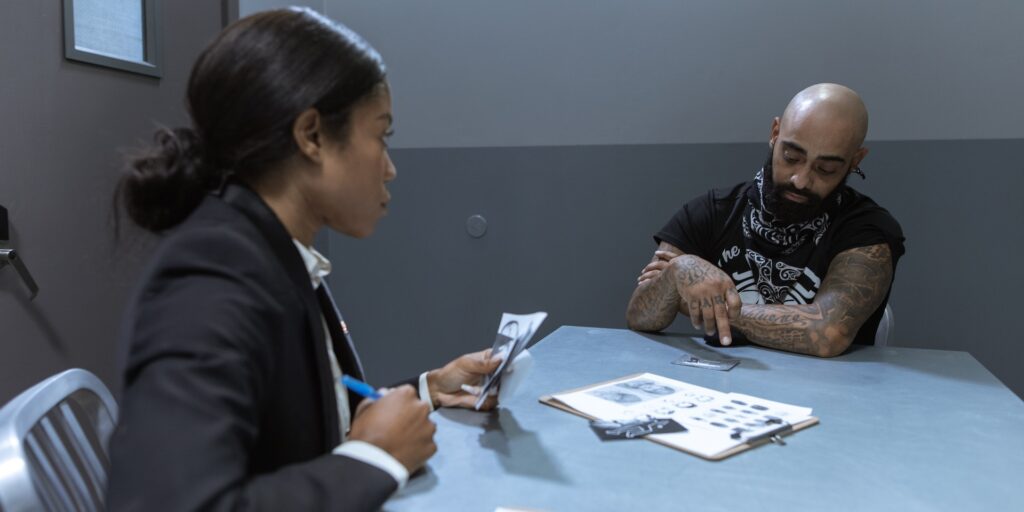- The difference between a divorce and an annulment - April 15, 2024
- Hidden costs to be aware of when buying a house - April 3, 2024
- The rules about legally transporting a firearm in Canada - April 1, 2024
By LegalMatters Staff • If a police officer wants to question you about your involvement in an alleged crime, they must inform you that you are not required to say anything. They must also tell you anything you do say may be used as evidence against you.
That is reinforced by s.11 (c) of the Charter, which states: “Any person charged with an offence has the right … not to be compelled to be a witness in proceedings against that person in respect of the offence.”
“If police question you, they may start by making a statement such as, ‘This is your chance to clear your name’ or ‘We just want to hear your side of the story.’ Don’t fall for that,” says Calgary criminal lawyer Vince Semenuk.
“It is highly recommended that you never give a statement to the police no matter the circumstances. Any statement you give, whether inculpatory or exculpatory, may be used by the Crown during trial,” he says.
“If the police are questioning you with respect to your version of events, they are not interested in ‘clearing your name,’” Semenuk says. “They are only interested in helping their investigation against you.”
He explains that suspects have the right to be advised by a lawyer before questioning, but that legal counsel will not be there during the interrogation.
“If police suspect you were involved in a crime, they have the right to question you. You do not have to answer their questions until you have spoken to a lawyer, except to state your name, birth date and address,” says Semenuk.
“If they press you for more information, politely say that you cannot tell them anything more until you have consulted with legal counsel,” he adds.
Semenuk explains that those accused of a crime are under no obligation to prove their innocence.
“The burden is instead on the Crown to prove beyond a reasonable doubt that you are guilty. This fundamental legal principle is the reason why an accused does not have to testify at their trial,” he says.

